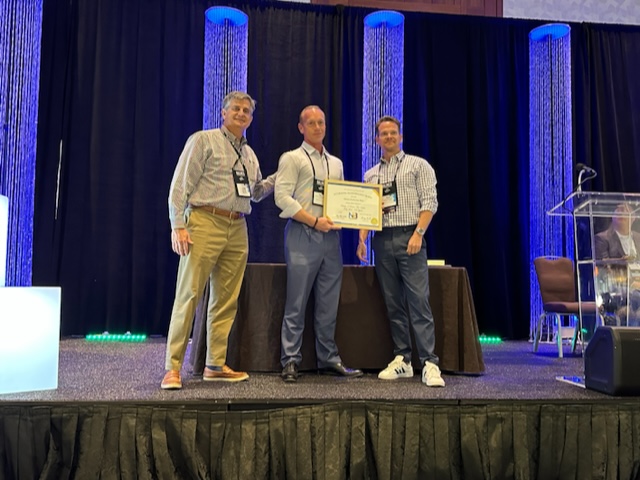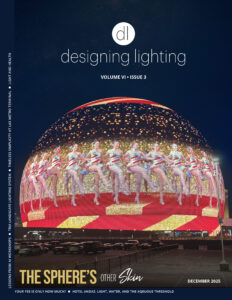The 2nd Annual Awards Program Recognizes Excellence in Lighting Retrofit Projects
DALLAS, TX – The National Lighting Bureau is pleased to announce the Call for Entries for the second annual Lighting Transformation Awards. This program recognizes excellence in lighting retrofit projects – defined as those projects involving minimum alteration of existing building materials. Through the creative use of lighting systems and controls, these projects should illustrate the value of lighting, including but not limited to improved visual performance, promotion of health and wellness, environmental impact including reduced light pollution/preservation of nighttime lighting quality, enhanced safety and security, and increased overall occupant satisfaction.
The main intent of the program is to promote best practices for a variety of indoor and outdoor lighting applications. The program aims to recognize and showcase projects that provide a narrative and “how to” guide for others with similar lighting retrofit challenges.
This year, submitted projects will be eligible to receive the Special Citation award for “exemplary controls design and implementation,” co-sponsored by the Lighting Controls Association.
“The LCA are excited to support this new award to highlight the terrific value of advanced lighting controls for building owners and managers.” – Craig DiLouie, LC, CLCP, education director for the Lighting Controls Association.
“We at the NLB are very excited to announce the collaboration with the Lighting Controls Association to recognize outstanding lighting controls design and implementation in retrofit projects.” – Mary Beth Gotti, Chair, National Lighting Bureau and Transformation Awards Founder.
Anyone may enter a project for the Lighting Transformation Awards. Projects should have been completed within the 2022, 2023 and 2024 calendar years. Submissions should be entered via the designated online submittal form at www.nlb.org. The entry fee is $100 per project submission. For an early bird entry fee of $50, completed forms should be submitted no later than August 15, 2024. The final submission date for all project entries is August 29, 2024.
Judging criteria for the retrofit projects include:
- Thoroughness in determining retrofit design options
- Documented improvement in lighting quality (including but not limited to – before and after light levels/uniformity, glare control, color enhancement, post-installation occupant surveys)
- Energy effectiveness (including controls strategy) – including before and after energy usage.
- Universality – how easily does the design apply to similar applications
- Sustainability (ease of maintenance, user interface effectiveness, use of recycled materials for product and packaging or materials that can be recycled).
- Special credit points (up to 20 points) can be awarded at the discretion of the judges for extra challenges and project impact – e.g. budget, timing, location challenges/limitations, and social benefit (community impact, pro bono projects, historic preservation).
It is strongly encouraged that supplemental data beyond images and lighting specs be included to facilitate the most effective judging (e.g., planning documents, meeting minutes, social media comments).
Winning projects will be recognized during the 2024 NALMCO Annual Convention and Trade Show in Orlando, Florida, October 13-16, 2024. More details to follow.

Randy Allen, NALMCO President, and Randy Reid present the First Transformation Award to Rob Wilson of Stones River Electric.
About the NLB
The National Lighting Bureau is an independent, IRS-recognized not-for-profit, educational foundation that has served as a trusted lighting information source. The Bureau provides its services to the public free of charge, thanks to the generous funding of the organization’s sponsors which include professional societies, trade associations, labor unions, manufacturers, and agencies of the U.S. government.



